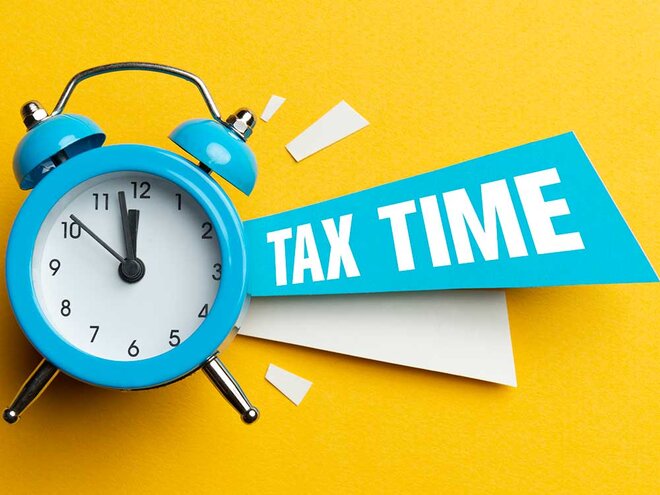
Income tax is an instrument used by the government to achieve its social and economic objectives. Simply put, tax is a duty or tariff that earning individuals pay to the Government in exchange of certain benefits such as law and order, healthcare, education, infrastructure, and a lot more. With proper planning, your tax liability can be reduced and optimised effectively, leaving you with a greater share of your income in your hands than being paid out as tax. In this article, we will explain some terms used frequently in the context of income tax.
Previous year: Income earned in the 12 months contained in the period from 1st April to 31st March (Financial Year) is taken into account when calculating income tax. Under the Income Tax Act, this period is called the previous year.
Assessment Year: It is the 12-month period, 1st April to 31st March, immediately following the previous year. In the assessment year, a person files his return for the income earned in the previous year. For example, for Financial Year 2020-21 the Assessment Year is 2021-22. You are required to pay tax if your income in a particular year is above the minimum threshold. There is however, certain other criteria that decides whether you need to pay income tax, depending on your residential status in India.
The three different residential statuses are:
- Resident Indian
- Non-Resident Indian (NRI)
- Not Ordinarily Resident (NOR)
Gross Total Income: The gross total income is the sum of all sources of income that an individual has or the total income he earns in a financial year. It can fall into one of the following five heads:
1. Income from Salary
Income can be charged under this head only if there is an employer-employee relationship between the payer and payee. Salary includes basic salary or wages, any annuity, gratuity, advance of salary, leave encashment, commission, perquisites in lieu of or in addition to salary and retirement benefits. The aggregate of the above incomes, after exemptions available, is known as Gross Salary and this is charged under the head income from salary. Click here to understand in detail how taxable income is calculated under the head-Income from Salary.
2. Income from House Property
Any residential or commercial property that you own will be taxed. Even if your piece of real estate is not let out, it will be considered as earning rental income and you are liable to pay tax on it. The income tax authorities tax you on the capacity of the real estate (not let out) to earn income and not the actual rent. This is called the property's Annual Value and is the higher of the fair rental value, rent received or municipal rent. Following deductions are allowed.
- Deduction on property tax paid on the rented property
- A standard deduction of 30 per cent of the Annual Value
- Any interest paid against outstanding loans taken against the property
3. Income from Profits and Gains of Business or Profession
Income earned through your profession or business is charged under the head 'Profits and Gains of Business or Profession'. The income chargeable to tax is the difference between the credits received on running the business and expenses incurred. The deductions allowed are depreciation of assets used for business; rent for premises; insurance and repairs for machinery and furniture; advertisements; travelling and many more.
4. Income from Capital Gains
Any profit or gain arising from transfer of capital asset held as investments are chargeable to tax under the head capital gains. The gain can be on account of short- and long-term gains. A capital gain arises only when a capital asset is transferred. Capital Asset means any property held, excluding
- Any item held for a person's business or profession (stock, ready goods, raw material) will be taxed under the head profits and gains of business or profession
- Agricultural land from which agricultural income is derived. The land should not be urban and outside of 8 kilometres of a municipality, where population is less than 10,000
5. Click here to understand in detail how taxable income is calculated under the head Income from Capital Gains
6. Income from other Sources
Any income that does not fall under any of the above four heads of income, is taxed under the head income from other sources. For example, interest income from bank deposits, winning from lottery, any sum of money exceeding Rs 50,000 received from a person other than relative, and not on the occasion of marriage or through inheritance/will.
Also read:
* Choosing between the old and new tax slabs









